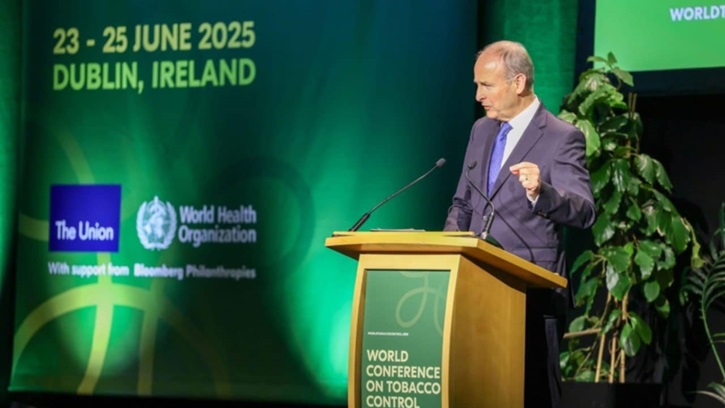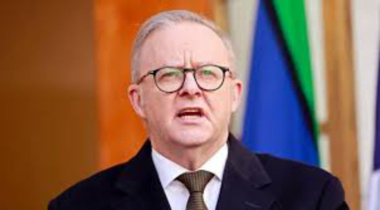
Photo: Business Eye
Leaders from more than 100 countries have come together to approve a major new plan to stop tobacco use worldwide. The agreement, called the Dublin Declaration, was announced on 26 June at the end of the World Conference on Tobacco Control.
The five-part plan aims to tackle the health and environmental problems caused by tobacco. Health experts say tobacco kills about 8 million people each year and hurts the environment through farming and waste.
The key parts of the agreement include:
First, countries will raise taxes on tobacco products to make them more expensive and use the money for health programs. Second, governments will stop working with tobacco companies and make them pay for the harm they cause. Third, all tobacco advertising will be banned, including in movies and online.
Fourth, the plan addresses how tobacco farming and products damage the environment. Fifth, countries will work together with schools and community groups to protect people's right to health.
At the conference, young people spoke about how tobacco companies target children. Several countries shared success stories, like lawsuits that forced tobacco companies to pay billions for health costs.
The head of the World Health Organization said tobacco kills someone every four seconds. Ireland's health minister said this plan could save 200 million lives by 2040 if countries act quickly.
Now, governments must create detailed plans to put the agreement into action. Health groups will watch to make sure countries follow through.
As the meeting ended, leaders said this marks a turning point in the fight against tobacco. With this new global commitment, they hope to create a healthier future free from tobacco's harm.
The next steps will be reviewed at the United Nations meeting later this year. Health officials say urgent action is needed to prevent more deaths and environmental damage from tobacco.
U

.png)







